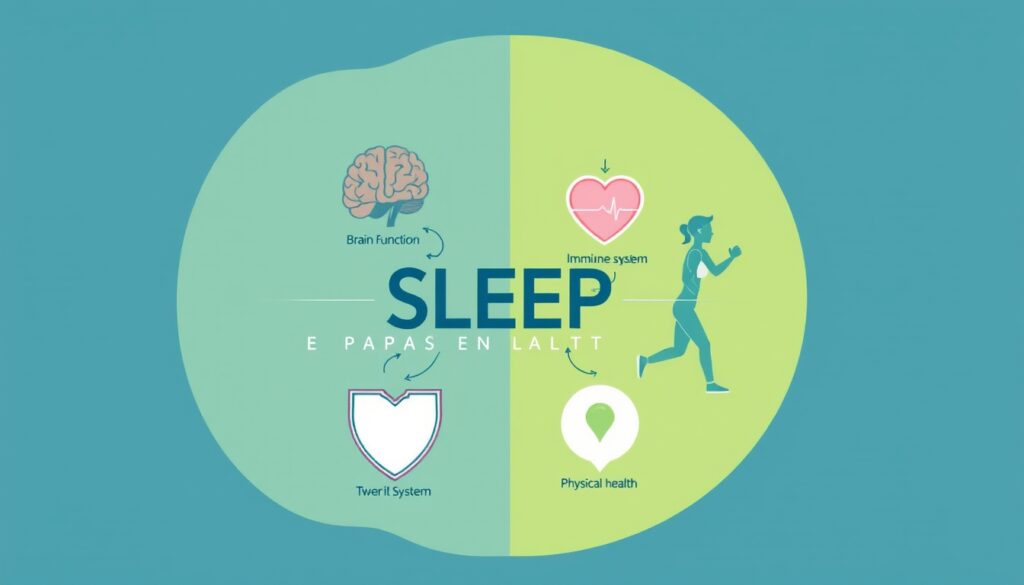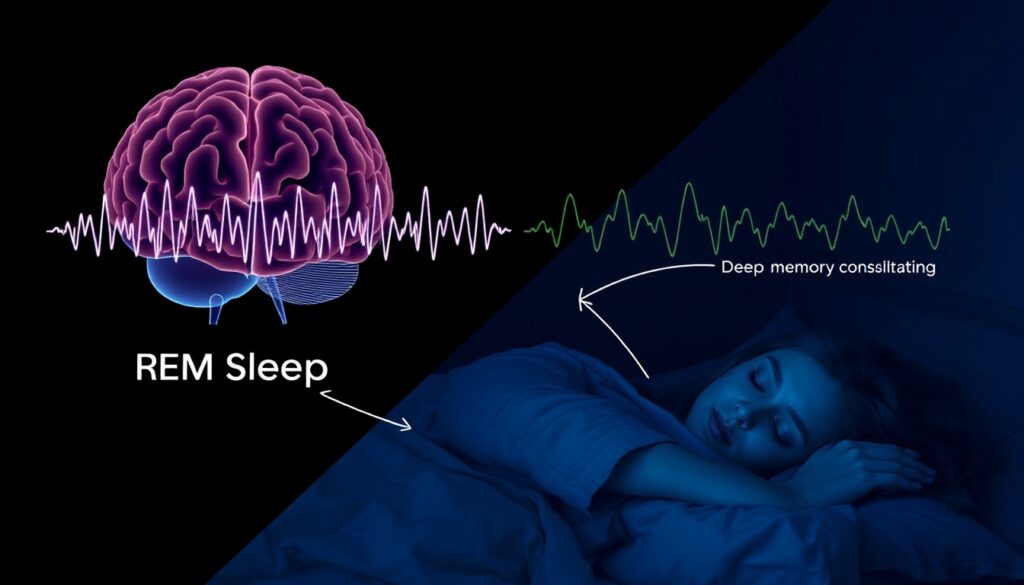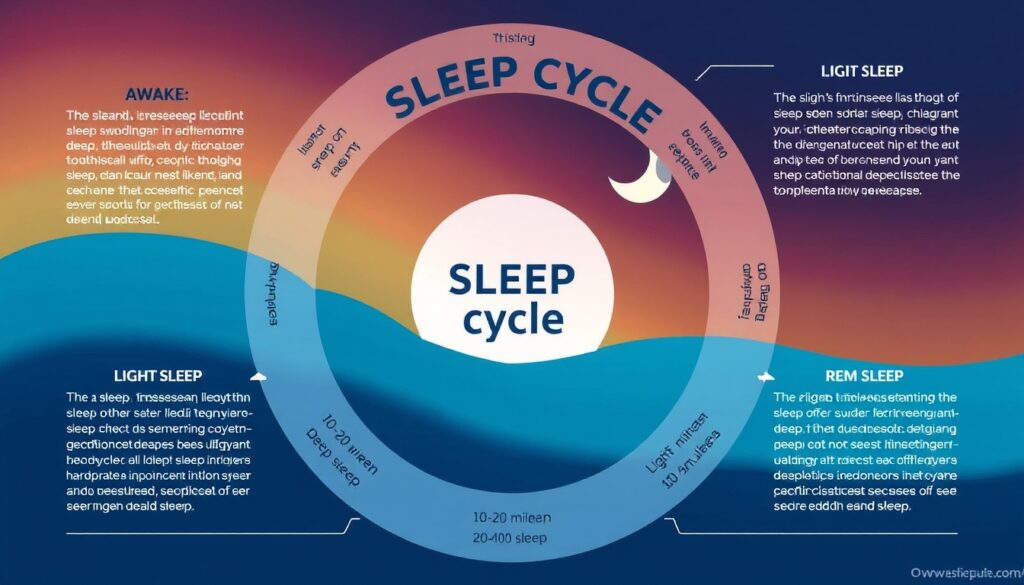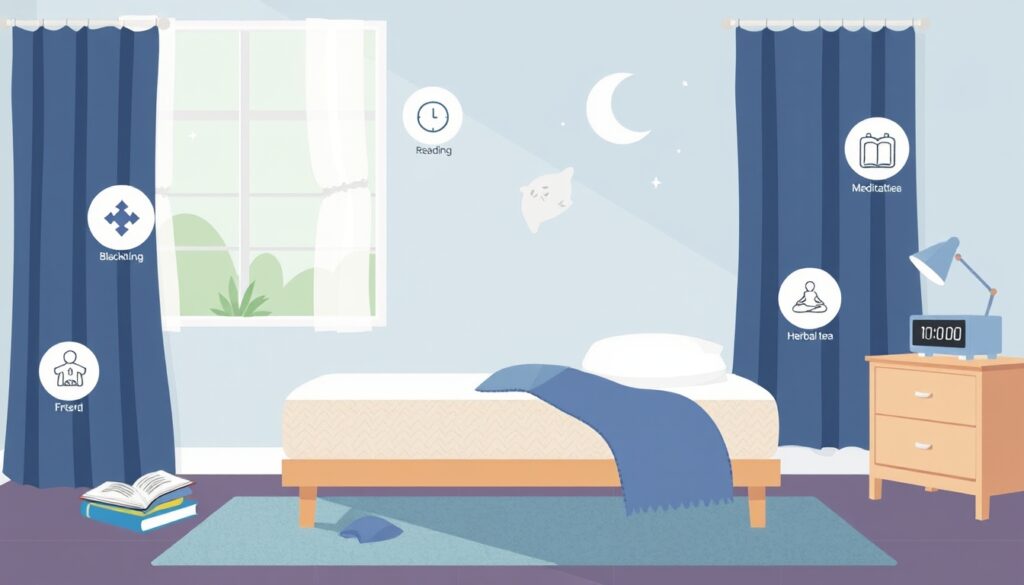I’ve noticed that when I sleep comfortably, I wake up feeling refreshed and perform more efficiently throughout the day, compared to when I don’t sleep well. This seems to be a universal experience, as I’ve observed the same pattern in others too. When we sleep soundly, our minds and bodies recharge, allowing us to function at our best. However, on days when sleep is disturbed or uncomfortable, fatigue, irritability, and reduced productivity often follow. This observation highlights the importance of good sleep quality for optimal health and well-being.
Do you agree?
What is the science of sleep?
To understand it, let’s dive deeper into sleep patterns and explore what can be done to ensure a sound, restful sleep.

Types of Sleep Patterns
Humans typically follow a monophasic sleep pattern, where they sleep for one long period at night. Other patterns include biphasic and polyphasic sleep, which involve multiple rest periods throughout the day.
- Monophasic Sleep: One long sleep cycle, usually 7-9 hours, aligned with circadian rhythms.
- Biphasic Sleep: A main sleep period at night with a short nap during the day.
- Polyphasic Sleep: Several shorter sleep cycles throughout a 24-hour period. These are often broken into 20-90 minute naps throughout the day.
Most people function best with a monophasic pattern, as it aligns with our natural circadian rhythm.
Sleep Phases and Their Timing
The brain cycles through different sleep phases, each essential for physical and mental health. Here’s a breakdown of how long each phase lasts and its role:

- Non-REM Sleep:
- Stage 1 (1-7 minutes): The lightest phase of sleep, where the body begins to relax, and brainwaves slow down.
- Stage 2 (10-25 minutes): A deeper state of relaxation where the heart rate slows, and body temperature drops. This stage makes up about 50% of your total sleep time.
- Stage 3 (20-40 minutes): Deep sleep (slow-wave sleep), where your body repairs tissues, strengthens the immune system, and releases growth hormones. This phase is essential for physical restoration.
- REM Sleep:
- REM Sleep (10-60 minutes): Occurs approximately 90 minutes after falling asleep and recurs every 90 minutes throughout the night. During this phase, brain activity increases, and vivid dreams occur. REM sleep is vital for emotional regulation, learning, and memory consolidation.
Each full sleep cycle lasts about 90 minutes, and a typical night consists of 4-6 cycles, ensuring that both non-REM and REM sleep are adequately covered.
Now understand the sleep cycle to maintain the healthy sleep routine.
5 Stages of Sleep Cycle
Complete Sleep Cycle with Night Timings
The sleep cycle is a series of phases the brain and body go through during sleep. Each cycle lasts around 90 minutes and repeats 4-6 times per night. Here’s a detailed breakdown of the sleep cycle, along with typical timings for an 8-hour sleep window:

1. Stage 1: Light Sleep (NREM)
- Timing: 10:00 PM – 10:07 PM (first cycle)
- This is the transition between wakefulness and sleep. It’s a light stage of sleep lasting about 1-7 minutes. During this time, your heartbeat and breathing slow, and your muscles relax. You can easily be awakened at this stage.
2. Stage 2: Deeper Light Sleep (NREM)
- Timing: 10:07 PM – 10:30 PM (first cycle)
- In this stage, your body further relaxes, and brain activity begins to slow with occasional bursts of electrical activity known as sleep spindles. Body temperature drops, and you are less likely to be disturbed. This stage lasts 10-25 minutes in each cycle and occupies around 50% of your total sleep time.
3. Stage 3: Deep Sleep (NREM)
- Timing: 10:30 PM – 11:10 PM (first cycle)
- This is slow-wave sleep (SWS), the deepest stage of non-REM sleep. Heart rate, breathing, and brain activity are at their lowest. The body begins physical restoration, with tissue repair, immune system strengthening, and release of growth hormones. This stage lasts about 20-40 minutes and is critical for feeling refreshed upon waking.
4. REM Sleep (Rapid Eye Movement)
- Timing: 11:10 PM – 11:30 PM (first cycle)
- Occurs around 90 minutes after falling asleep. Brain activity ramps up, resembling wakefulness, and vivid dreaming occurs. REM sleep is essential for memory consolidation, learning, and emotional balance. The first REM stage lasts about 10 minutes, gradually increasing in length throughout the night, up to an hour by the final cycle.
Repeating the Sleep Cycle
After the first cycle ends at 11:30 PM, the brain cycles through these stages again. The first few hours of sleep prioritize deep sleep (Stage 3), while the later part of the night focuses more on REM sleep. Here’s an approximate timeline of each phase through the night:
- Second Cycle: 11:30 PM – 1:00 AM
- Third Cycle: 1:00 AM – 2:30 AM
- Fourth Cycle: 2:30 AM – 4:00 AM
- Fifth Cycle: 4:00 AM – 5:30 AM
The final sleep cycle from 5:30 AM – 7:00 AM will contain longer REM phases and shorter deep sleep stages.
Understanding this sleep architecture helps improve your sleep hygiene, as waking up during a REM or deep sleep stage may leave you feeling groggy. Using alarms that wake you between sleep cycles or following a consistent sleep schedule can promote more restful, rejuvenating sleep.
The Mind and Sleep: How the Brain Works
During sleep, the brain doesn’t rest; it goes through crucial processes that impact cognitive function, emotional regulation, and memory:
- Memory Consolidation: Information learned throughout the day is transferred from short-term to long-term memory during sleep, especially in REM sleep.
- Emotional Processing: REM sleep helps regulate emotions, reducing stress and improving mood.
- Brain Detoxification: The brain’s glymphatic system clears out toxins, including beta-amyloid, a protein linked to Alzheimer’s disease. This detox primarily happens during deep sleep, highlighting its importance for long-term cognitive health.
Scientific Research on Sleep
Major sleep research has provided valuable insights into the necessity of sleep for overall health:
- Sleep Deprivation: Research shows that sleep deprivation impairs judgment, memory, and decision-making, leading to short- and long-term health issues like heart disease, diabetes, and depression.
- Circadian Rhythms: The body’s internal clock is regulated by light exposure, especially natural sunlight. Disruption of this rhythm (e.g., from artificial light) can affect sleep quality and overall health.
- Deep Sleep and Immunity: Deep sleep strengthens the immune system, helping the body fight off infections. Lack of slow-wave sleep can lead to increased inflammation and lowered immune function.
Relation Between Food, Water, and Sleep
What we eat and drink before bedtime can significantly impact the quality of our sleep. Here’s how:
- Timing of Meals:
- Food: It’s best to avoid large, heavy meals within 2-3 hours of bedtime. Heavy or spicy foods may cause indigestion and interfere with falling asleep. Ideally, your last meal should be light and consumed at least 2-3 hours before bed.
- Water: Hydration is important, but drinking excessive water close to bedtime can lead to frequent bathroom trips that interrupt your sleep. Try to limit your water intake in the last hour before sleep.
- Sleep-Enhancing Foods: Certain foods can promote better sleep by encouraging the production of sleep-regulating hormones:
- Tryptophan-Rich Foods: Foods like turkey, milk, nuts, and seeds are rich in tryptophan, an amino acid that boosts the production of serotonin and melatonin, both essential for sleep.
- Magnesium: Found in foods like spinach, almonds, and avocados, magnesium helps relax muscles and calm the nervous system.
- Complex Carbohydrates: Whole grains, fruits, and vegetables can increase serotonin levels and help ease the transition to sleep.
- Caffeine and Alcohol: Caffeine can stay in your system for up to 6 hours, so avoid it in the late afternoon and evening. While alcohol may initially make you drowsy, it can interfere with REM sleep later in the night, leading to less restorative rest.
Tips for Achieving Deep Sleep

- Maintain a Sleep Schedule: Going to bed and waking up at the same time every day helps regulate your body’s internal clock, making it easier to fall asleep and wake up feeling refreshed.
- Establish a Relaxing Bedtime Routine: Engage in calming activities like reading, meditating, or gentle yoga before bed. This signals to your brain that it’s time to wind down and prepare for sleep.
- Optimize Your Sleep Environment:
- Keep your room cool (60-67°F/15-19°C) and dark.
- Invest in a comfortable mattress and pillows.
- Use blackout curtains and white noise machines to minimize light and sound disruptions.
- Limit Screen Time Before Bed: The blue light from devices suppresses melatonin, making it harder to fall asleep. Try to avoid screens (TV, phone, computer) at least an hour before bed.
- Exercise Regularly: Physical activity during the day improves sleep quality, but avoid intense exercise within 3 hours of bedtime, as it can raise adrenaline levels.
- Watch Your Food and Drink:
- Avoid large meals, caffeine, and alcohol before bed.
- Try a light snack like a banana or yogurt if you’re hungry before sleep.
- Limit water intake in the hour before bed to avoid waking up frequently.

Conclusion
Sleep is a complex process that plays a fundamental role in maintaining our health and well-being. By understanding the phases of sleep, how the brain processes information during rest, and the effects of food and water on sleep quality, you can make informed choices to enhance your sleep hygiene. Incorporating consistent sleep schedules, optimizing your environment, and mindfully managing food and drink intake can help you achieve deep, restful sleep that promotes better mental and physical health.ep phases, each essential for physical and mental health. Here’s a breakdown of how long each phase lasts and its role…
[…] Check out our other article for deep sleep. […]